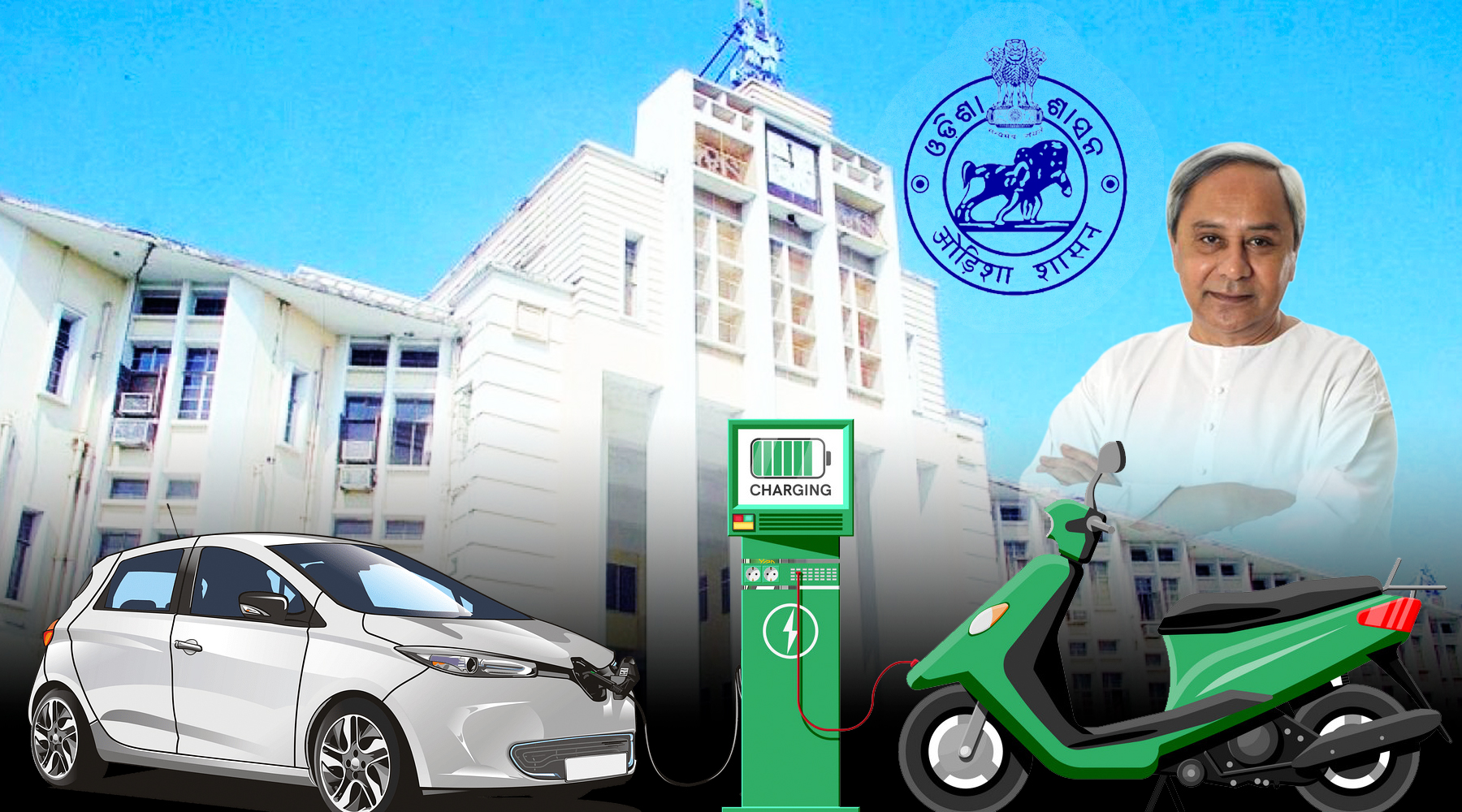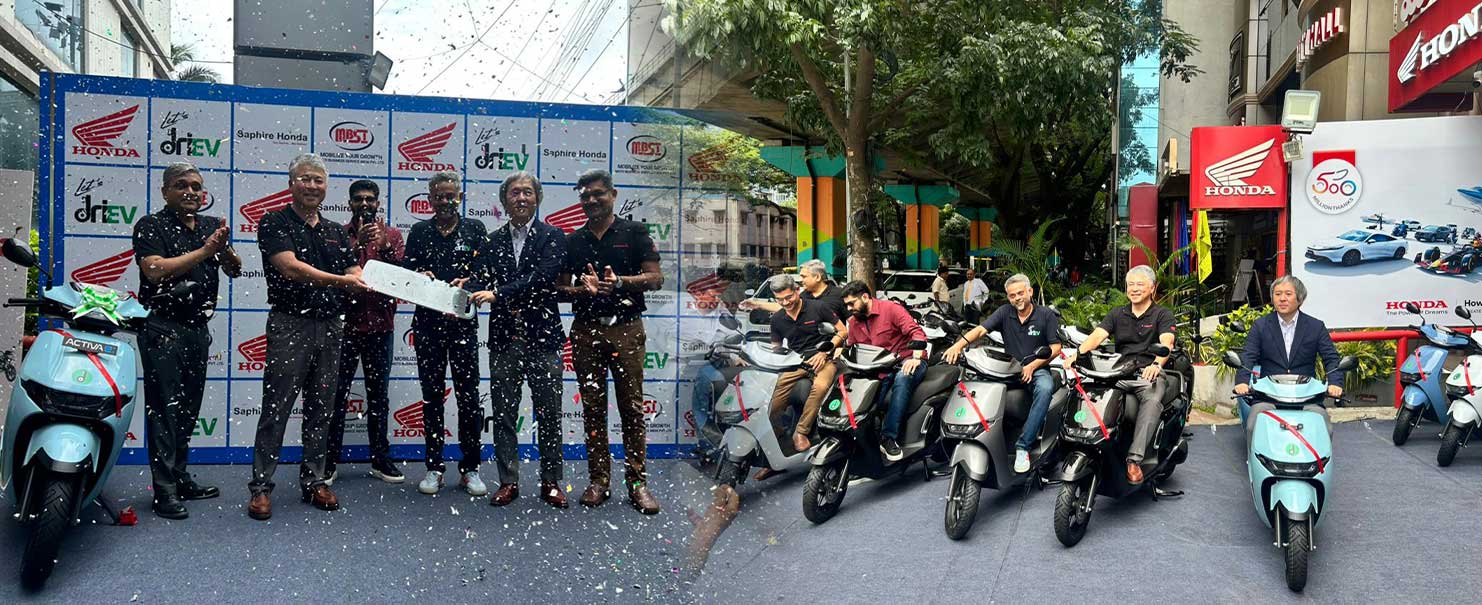
As a result of the global increase in temperature and irregular climate changes, the state governments across India have been taking initiatives to reduce the use of fossil fuels and associated emissions. Under the guidance of NITI AYOG, many states have formulated well-defined electric vehicle policies as a measure to compact carbon emissions from the road transport sector. With the aim to promote the use of electric vehicles through adoption, adaptation, research & development, the Odisha government recently announced its Electric Vehicle policy. The primary objective of the policy is to accelerate the adoption of electric vehicles up to 20% in various vehicle segments, especially two-wheelers (E2W), three-wheelers (E3W), and light motor vehicles (E4W). The policy also focuses on promoting the rapid adoption of battery electric vehicles in the years to come and subsequently improving air quality across the state. The policy also aims to:
- Encourage the production of electric vehicles and their components, such as batteries, in the state.
- Support innovation, research and development in the fields of electric vehicles.
- Establish skill centres with provisions to provide training related to jobs in the EV ecosystem and promote the creation of jobs in driving, selling, financing, servicing, manufacturing, and charging electric vehicles.
- Establishment of a vast network of charging stations and swappable battery stations.
- Set up a recycling ecosystem for batteries.
Benefits of EV policy
In order to accelerate the large-scale adoption of electric vehicles across the state and achieve an optimum reduction in carbon emissions, the policy proposed to incentivise the purchase and use of electric vehicles, particularly in the segment of two-wheelers, public/shared vehicles, and goods carriers. With full enforcement of the policy within the next five years, road tax & registration fees for electric vehicles will be waived off, and financial incentives for electric vehicles will include purchase incentives, scraping incentives, manufacturing incentives, interest subvention in loans, and incentives for startups.
As the policy primarily focuses on E2W, E3W, and E4W, the vehicles approved under the Faster Adoption and Manufacturing of Electric Vehicles in India Phase-II (FAME II) program would be eligible for the incentives. All E2W, E3W, and E4W will receive a 15% purchase subsidy up to a maximum of ₹5,000, ₹12,000, and ₹100,000, respectively. The policy also offers government employees the eligibility for a 100% interest-free loan to purchase electric vehicles and plans to provide a purchase incentive of 30,000 to the first 5000 electric goods carriers registered in the State and a subsidy up to a maximum of 20 lakhs to E-buses.
The Government has urged the public sector undertakings and government departments to prefer the purchase and use of electric vehicles. It has also asked the municipal authorities to provide subsidised parking for all personal electric vehicles and plan on-street parking places and charging stations for electric vehicles.
The State government has also included measures to develop sustainable EV manufacturing units and attract new investments in the sector. Along with MSME policy 2016 incentives and Industrial Policy Resolutions (IPR) 2015, the policy offers State Goods and Services Tax (SGST) reimbursement for manufacturers and provisions for Battery Assembling Units. The Government of Odisha is also looking forward to starting battery assembly plants in Odisha and manufacturing of Lithium-Ion batteries in the long run.
As the availability of charging points plays a vital role in the pace of the adoption of electric vehicles, the government will also provide a grant of up to ₹5,000 to purchase charging equipment for the first 20,000 private charging points. The policy also offers to provide 100% SGST reimbursement for the purchase of batteries and a capital subsidy of 25% to selected energy operators for the installation of public charging infrastructure.
The State government also plans to explore the possibility of introducing mobile charging vans to provide on-road assistance for EV users and starting charging facilities at bus stands/ stops and highway refuelling stations to help users have easy access to charging.
Thus, with better policies and interventions from the government, driEV is also looking forward to ensure greener ways of mobility at affordable rates. Being one of the first electric bike rentals in Odisha, we provide people an option to get acquainted with electric bikes at affordable rates. Our initiative aims to make the commute easy and build cleaner and quieter cities through eco-friendly rides to combat climate change and global warming and preserve our resources for tomorrow. Our ‘lowest running cost model’ helps you pay only for what you use, and our monthly rental plans are cheaper than the cost of your one-time meal; it starts from Rs.85/day.
If you would like to be a part of the greener revolution, visit driEV and rent an electric bike today.







